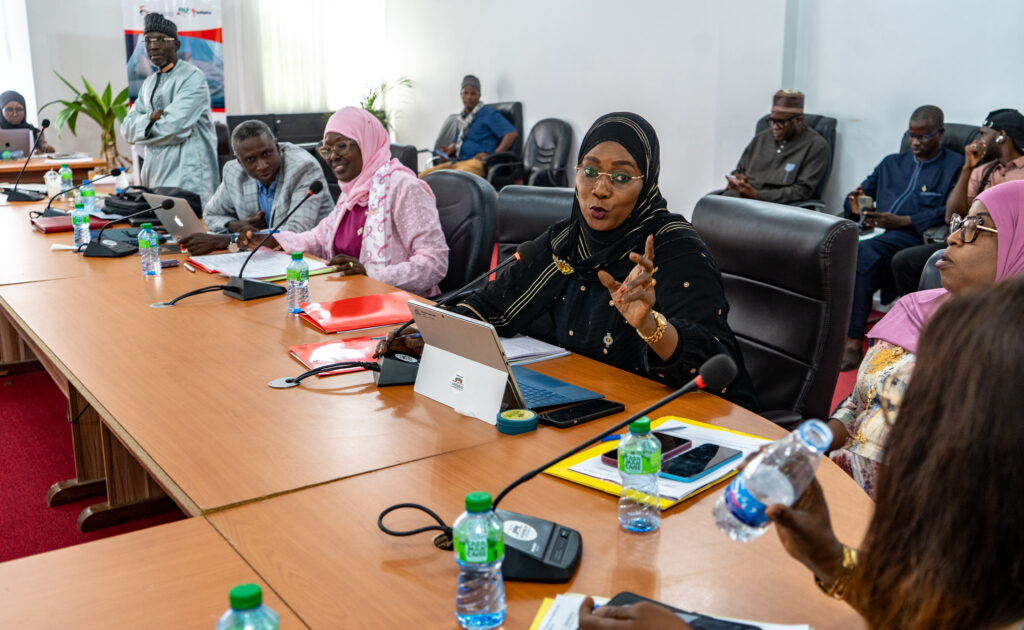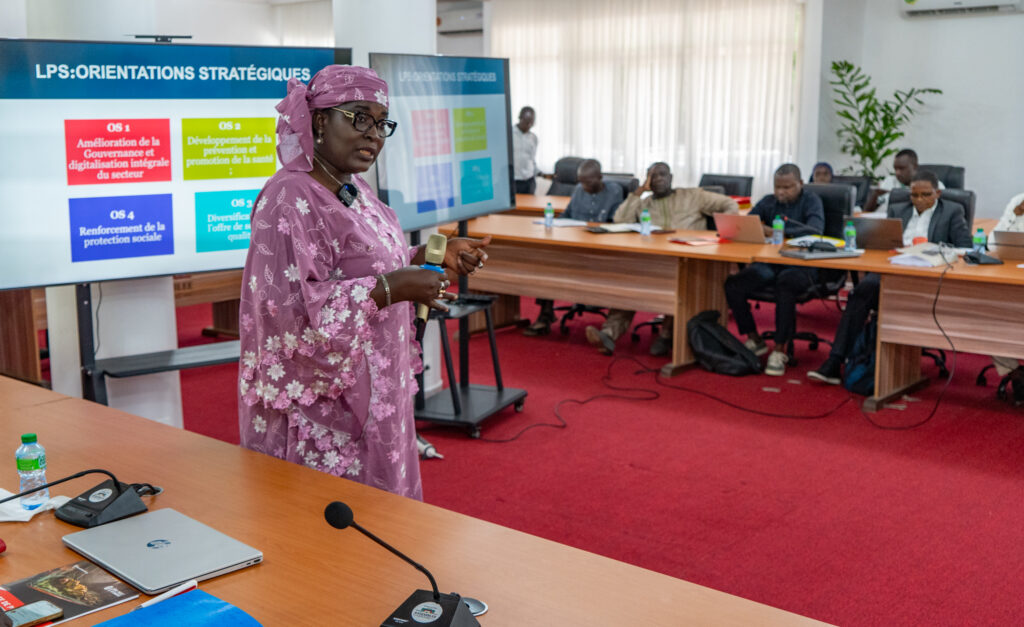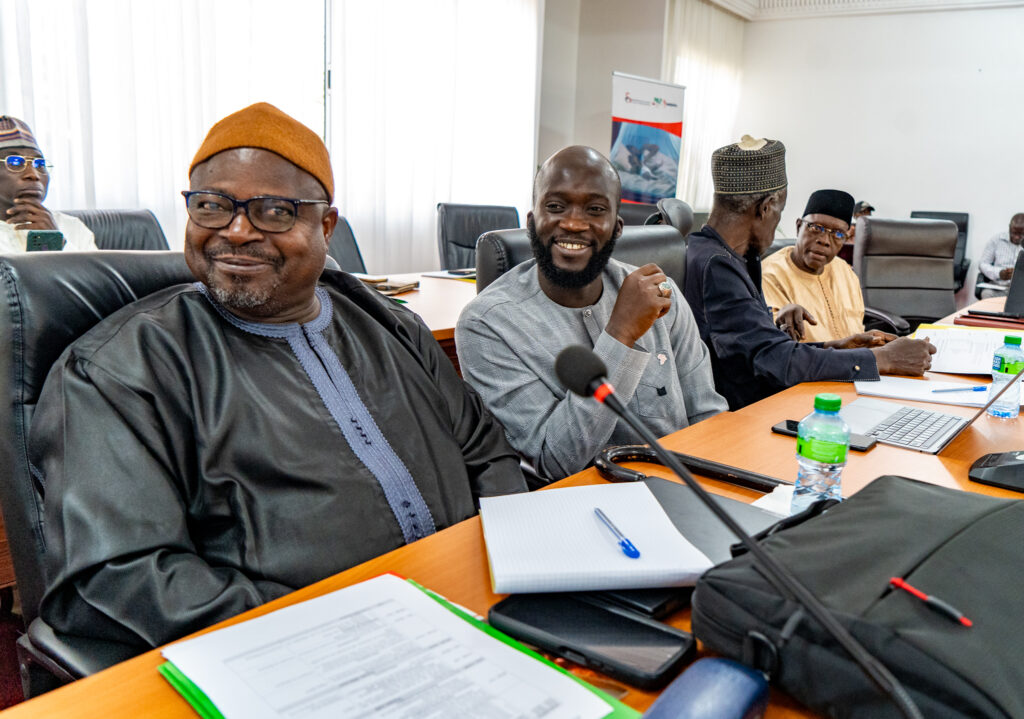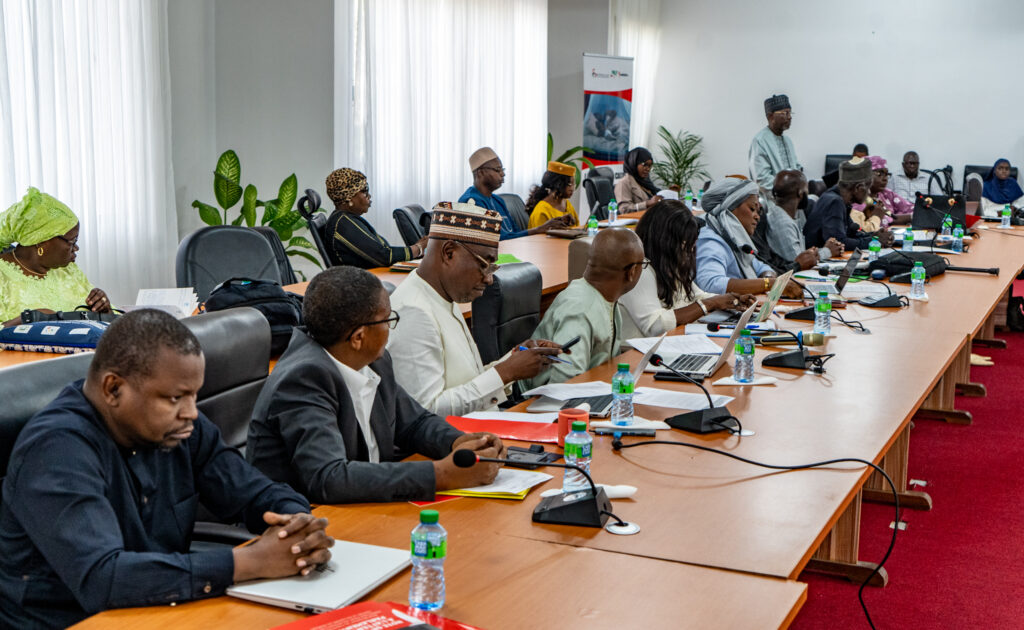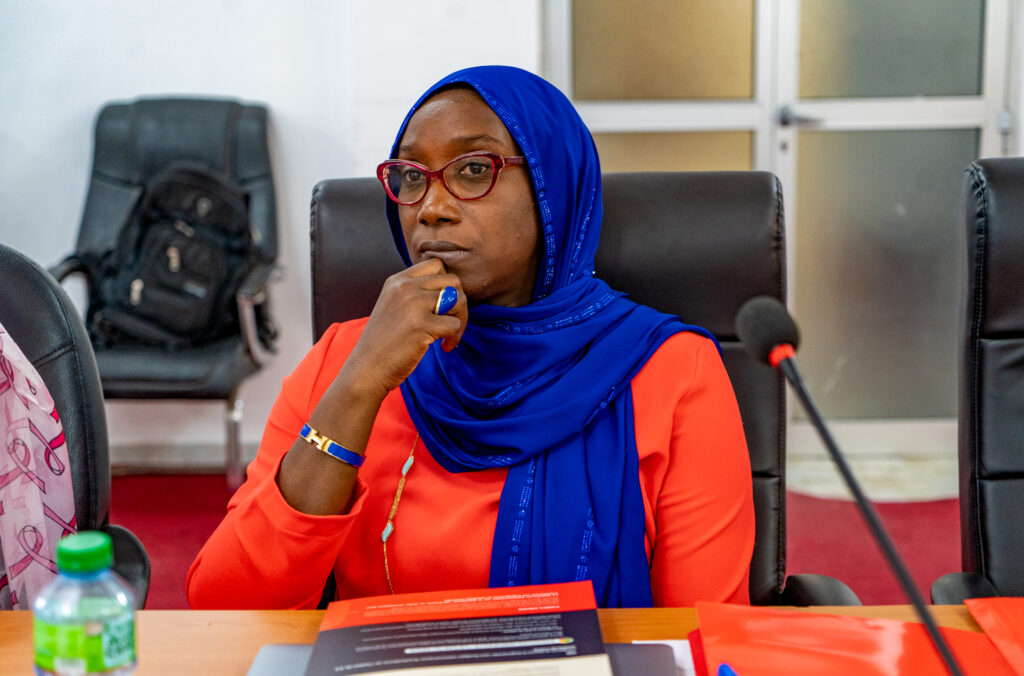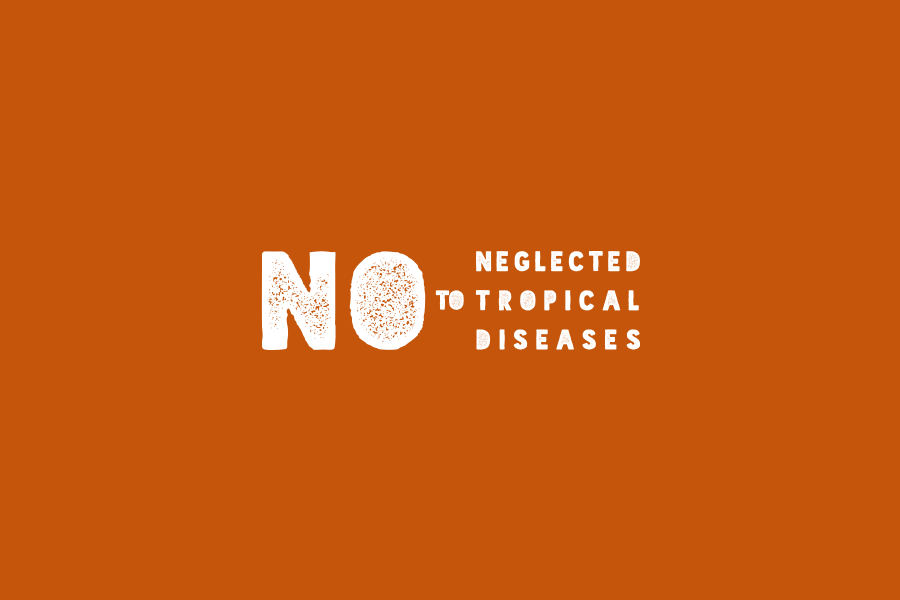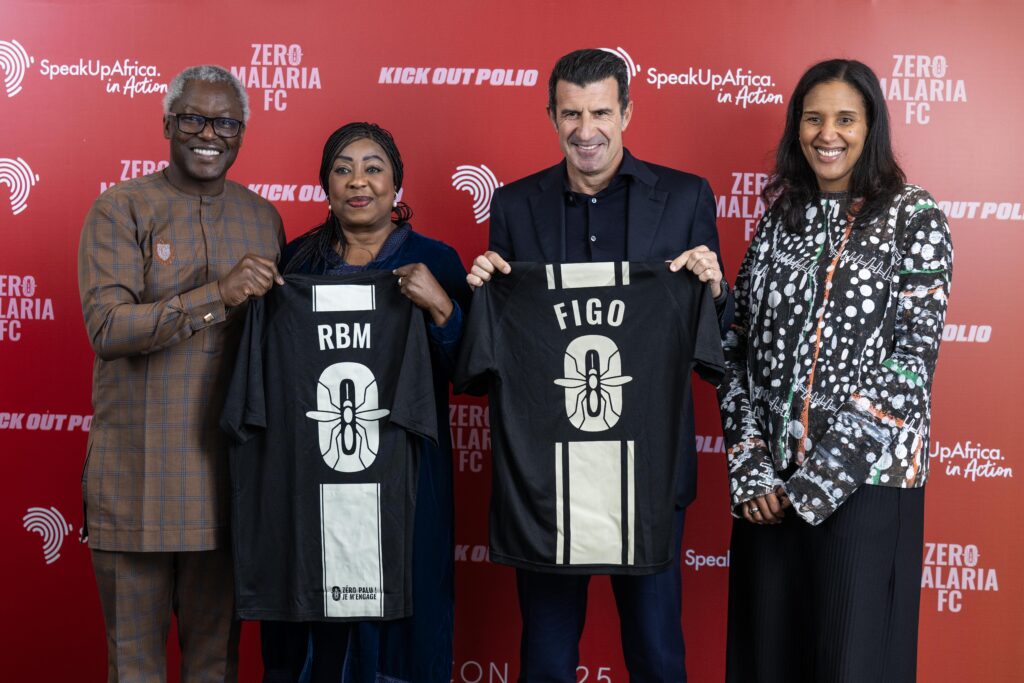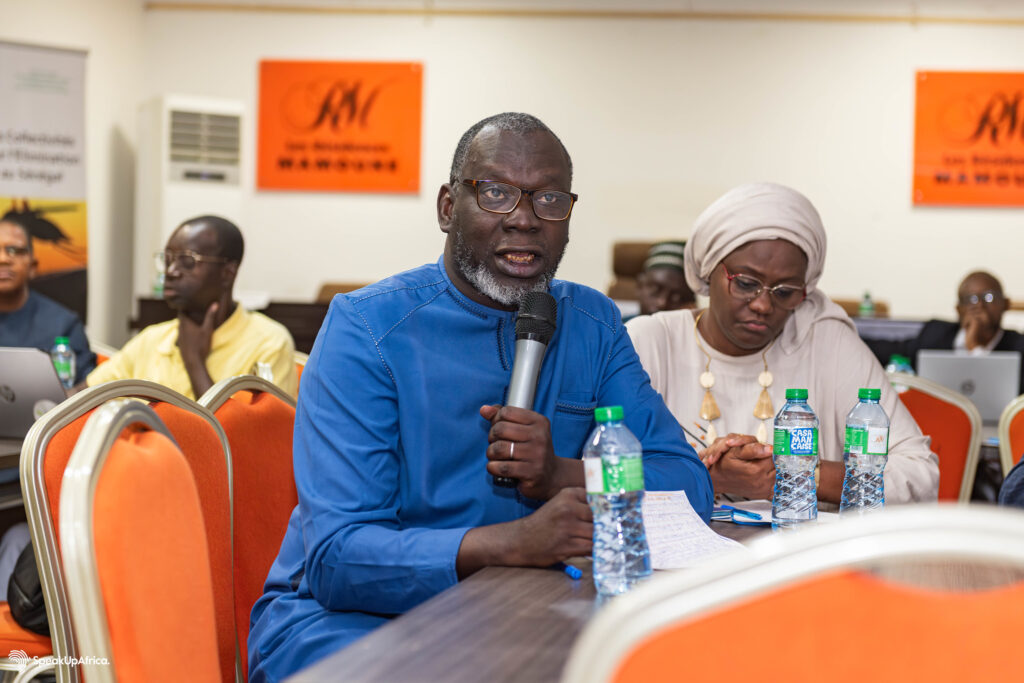Launch of the Parliamentary Caucus for Malaria Elimination: A Decisive Step Toward Sustainable Domestic Health Financing in Senegal
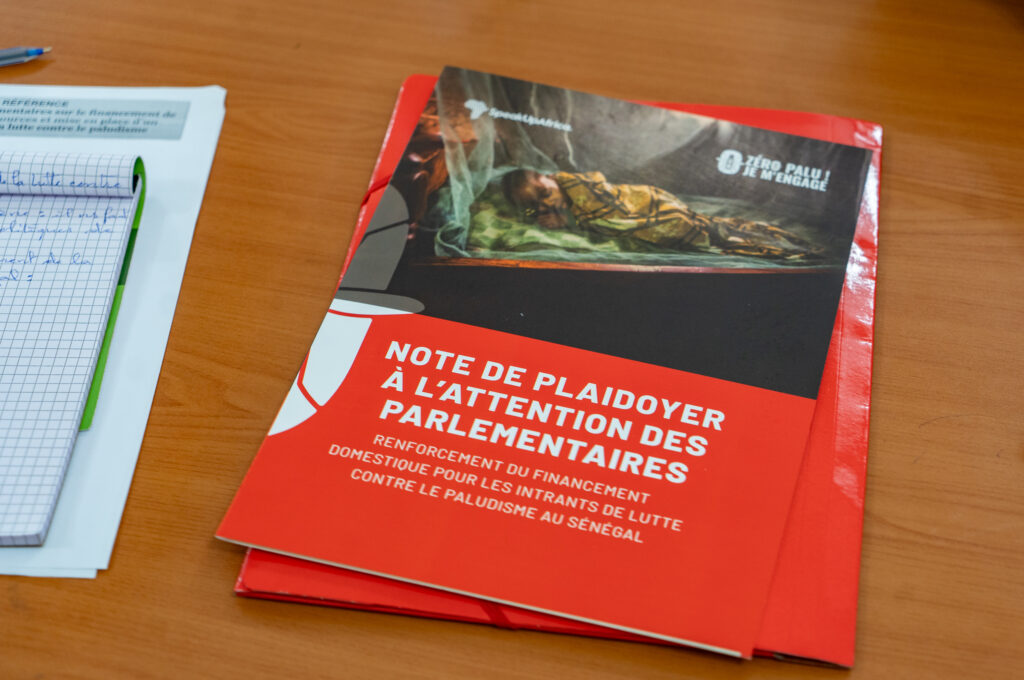
“The 15% budget allocation to health must be respected by our authorities.”
— Hon. Khady Sarr, Chair of the Health, Population and Social Affairs Committee of the National Assembly
Senegal’s fight against malaria has reached a decisive milestone. As the country enters critical budget discussions for 2026 and prepares for the 8th Global Fund Replenishment (GC8), Senegalese parliamentarians have reaffirmed their commitment to sustainable domestic health financing with a particular focus on malaria elimination.
Gathered at the National Assembly for an orientation session organized by Speak Up Africa, the Committee for Monitoring, Vigilance and Advocacy (CSVA), the National Malaria Control Program (NMCP), and with participation from the World Health Organization (WHO), the Delivery Unit of the Ministry of Health, the Country Coordinating Mechanism (CCM) of the Global Fund, the Ministry of Economy, Planning and Cooperation, civil society, and technical and financial partners, the Members of Parliament discussed the challenges and opportunities of health financing.
During this session, a groundbreaking initiative was launched: the Parliamentary Caucus for Malaria Elimination in Senegal.
The Urgency to Act
Senegal is a signatory to the Abuja Declaration, committing to allocate 15% of its national budget to health. Yet in 2025, government health expenditure stands at only 7.25%, according to the Ministry of Finance. This shortfall weakens healthcare delivery and threatens the hard-won gains in the fight against malaria — a persistent public health priority.
Professor Alioune Thiongane, Coordinator of the NMCP, underscored the stakes: “Senegal needs at least 5 billion CFA francs per year to achieve malaria elimination. Without this, continuity in prevention campaigns and the supply of vital treatments will be jeopardized.”
The Voice of Parliamentarians
The session strengthened collective awareness and positioned Members of Parliament as key advocates for health.
For Hon. Khady Sarr, it is both a moral and political imperative: “Health is a pillar of economic and social development. As parliamentarians, we must ensure that the State honors its commitments and gives health the priority it deserves.”
Dr. Astou Fall, Director of Programs at Speak Up Africa, emphasized the crucial role of legislators: “You are the guarantors of equity and social justice in the allocation of public resources. The decisions you make during the upcoming November budget sessions will directly impact the lives of millions of Senegalese.”
For Aïssatou Mbaye, Chair of the CCM, innovation and accountability are now essential: “We must be convinced that mobilizing our own domestic resources is the only way to ensure the sustainability of our health programs and systems.”
A Call to Action: Fund Health to Save Lives
The discussions led to several key recommendations:
- Increase domestic health financing, through a gradual rise in the national budget share for health until the 15% Abuja target is met.
- Fulfill the national co-financing commitments required by the Global Fund under GC8, to sustain access to medicines, mosquito nets, and prevention campaigns.
- Engage national institutions and the private sector, including entities such as LONASE, in innovative health financing mechanisms.
- Prioritize prevention and health promotion, which currently receive less than 1% of funding for noncommunicable diseases.
As Professor Thiongane highlighted: “Like Benin, Senegal must not lag behind in introducing the malaria vaccine. We have the technical expertise — what we now need is strong political and financial commitment.”
What Comes Next?
The creation of the Parliamentary Caucus for Malaria Elimination marks a turning point. But the real test lies ahead — during the November budget debates. Under the leadership of the Prime Minister, the Government of Senegal has a historic opportunity to turn the ambition of health sovereignty into action and respond to the urgency of malaria.
Dr. Ndella Diakhaté, WHO Focal Point for TB-HIV-Malaria with the Global Fund in Senegal, summarized it best: “Senegal has the technical expertise and managerial capacity to eliminate malaria. What’s needed now is stronger engagement across all sectors — beginning with increased financial investment.”
Malaria elimination is more than a health goal. It is a societal choice, an economic imperative, and a commitment to future generations.
The time to act is now.
